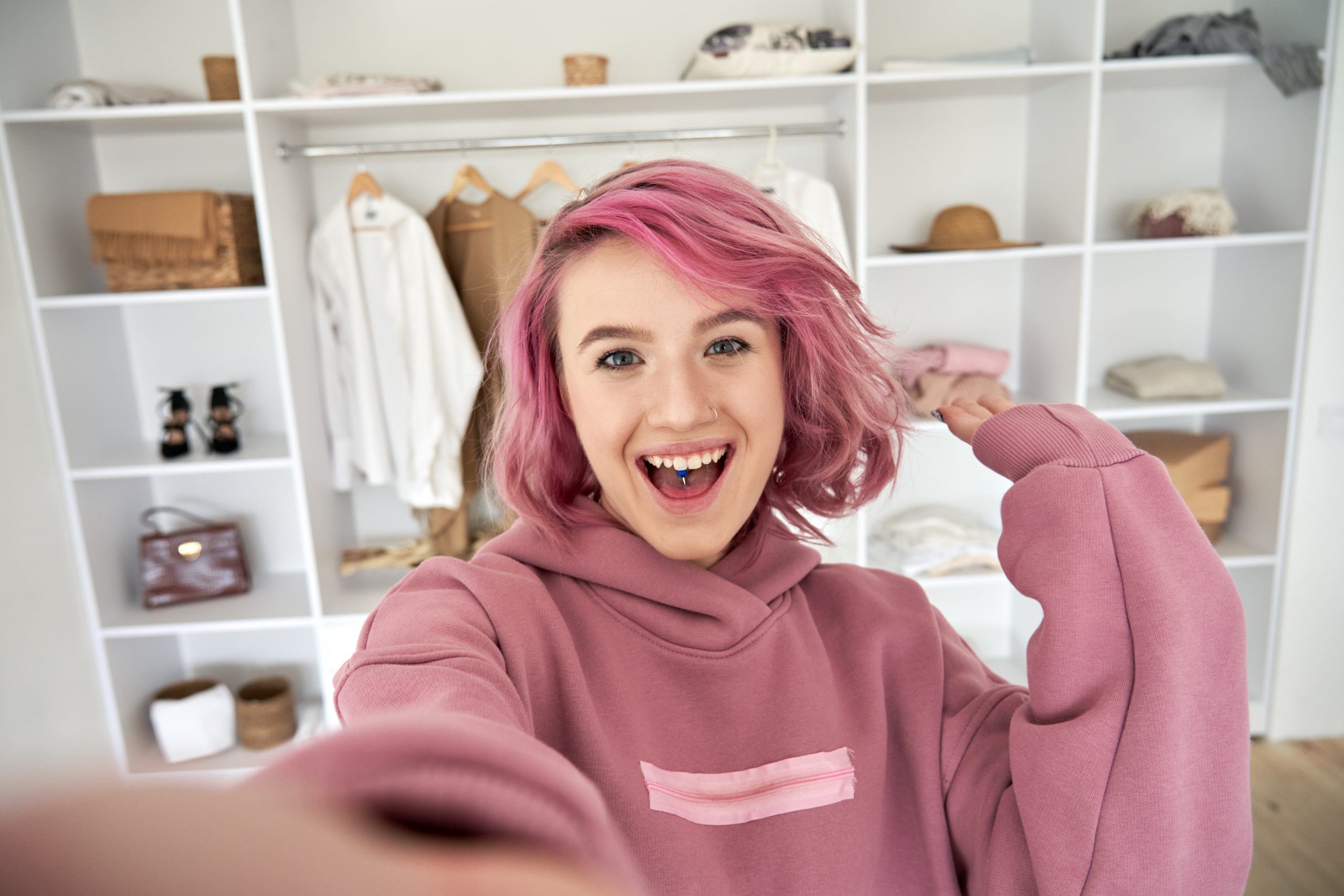There is more and more talk of mental health and the conversation has also reached social networks, where the topic touches millions of people every day between users and influencers. To give just a few examples, the hashtag #mentalhealth was used for 43.9 million pieces of content on Instagram and 59.5 million on TikTok. The data cited by the World Health Organization confirm that the dialogue around mental health and depression is fundamental: according to l’Institute for Health Metrics and Evaluation 3.8% of the population would suffer from depression, we are talking about about 280 million people worldwide. A disorder that can lead to very serious consequences such as suicide, even and especially among young people, so much to represent the fourth leading cause of death for those aged between 15 and 29. While on the one hand talking about mental health on social media can act as an informal prevention flow and a place of support for many users, on the other hand a problem often emerges: the way it is talked about. The boundary between awareness and marketing is not always defined and the promotion of a lifestyle and products aimed at well-being risk treating the disease and its effects superficially.
This is the case with Cathy Hummelsa German influencer with 702,000 followers, who shared some content on his profile last November in which exploited mental health. “When you’re depressed, everything can often seem black and white. Meanwhile, the color is much more beautiful… But how can you add color to your unhappy thoughts?». Above this caption the German influencer posted a photo, now deleted, in which she wore colored sunglasses. “One factor that can help is light. The sun. Let’s shine. ‘Sun ‘n’ Soul Retreat’ by @eventsbych» wrote Hummels in the shared post in early December. The picture was sponsored contentpart of a well-being campaign conceived precisely by Hummels through videos that showed a group of influencers doing yoga at dawn, pilates by the pool and painting on a Greek beach, staying in a luxury villa and simultaneously publishing advertising content such as pyjamas, beauty and hair products , tea, jewelry and more. Various brands and logos appeared in a video in which, one by one, the influencers stood in front of the camera, recounting how they have dealt with various mental disorders in the past. Phrases such as «I suffered from anxiety», «I suffered from alcohol addiction», «I suffered from mental health problems» followed one another and finally, all together, they shouted: «STOP! He loves yourself.”
These contents and the German influencer’s project have attracted comments and criticisms not only among social followers, but also from institutions such as the German Depression Leaguea German association for mental health and prevention. “Depression is not a marketing tool” the association said in a statement. «It gets difficult when some social media accounts and blogger appearances they create the impression that depression is only a short-term event and that it can be eliminated by magic, for example with the sun’s rays» continued the association in a press release. «It becomes very complicated when it is clearly used as an advertising tool to promote products. In this case, the so-called influencers walk a fine and dangerous line »reads he. Depression is a different mental disorder from the typical mood fluctuations and short-lived emotional responses and trivialization that is done by some influencers on social media runs the risk of portraying it as something easily solvable instead of suggesting that you turn to experts and embark on a therapeutic journey. Cathy Hummels, manager of the accused campaign, said she suffered from depression as a teenager and simply tried to raise awareness, then finally she apologized for the communication used.
Celebrities and influencers, with their large and loyal followings, could play an important role in raising awareness and opening up the conversation about mental health and suicide but they should use appropriate words, refer to data and always indicate the ways in which people with depression can find help, explaining that the disease often requires treatment. “Don’t paint this life-threatening disease as something casual and easy or as a temporary state of mind! Choose your words carefully!» stressed Deutsche Depressionsliga. As users, however, it is important to think before acting on any suggestion that resembles clinical advice, checking what is recommended outside a platform.
Also in Italy many famous personalities have already spoken of depression and mental health: among these the entrepreneur Chiara Ferragni, with more than 28 million followers, o l’influencer Julia Salemi, who followed him with almost 2 million followers said he suffered from anxiety due to the perfection imposed on social media. For now there have been no cases similar to that of the German colleague and the testimonies of these and other public figures have been perceived as authentic and useful for the collective conversation around mental health, at least from followers and fans of the two celebrities.
[di Sara Tonini]
